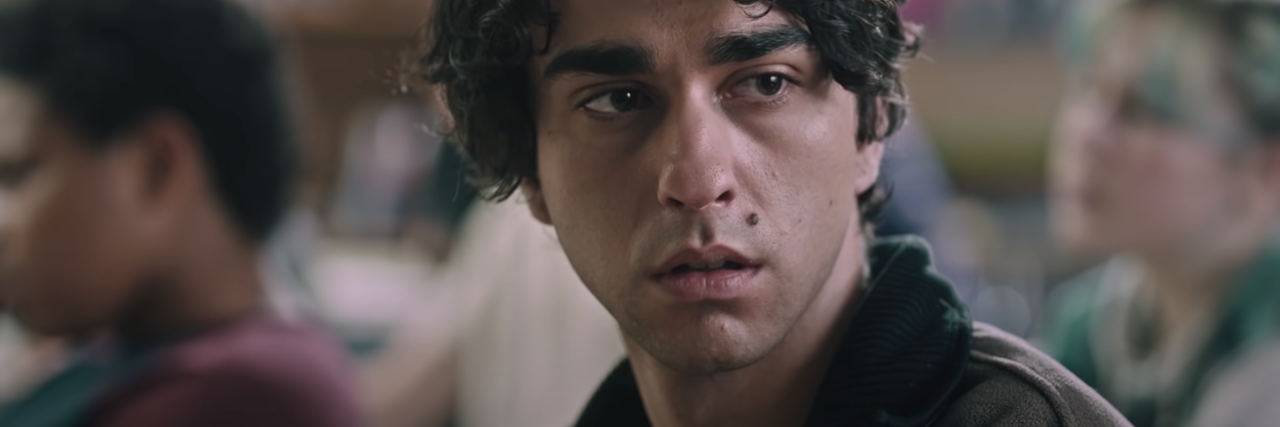This Film Left Actor Alex Wolff With Trauma; Here’s Why That Matters
Alex Wolff is an actor who has appeared in a plethora of film projects, including the recent thriller, “Old,” by M. Night Shyamalan. In his youth, Wolff stared in “The Naked Brothers Band” television series with his brother, Nat, from Nickelodeon. I have enjoyed seeing Wolff blossom from his starting career with Nickelodeon to appearing in multiple films in the newest “Jumanji” franchise, as well as the hit creative horror film, “Hereditary.” But recently, Wolff has grabbed my attention for something other than his work as an actor. He has taken the time to speak up about his mental health and psychological well-being, while also addressing the unique position actors have when working on emotionally disturbing films.
• What is PTSD?
In “Hereditary,” an artful horror film involving demonic possession and disturbing images, Wolff stars as a boy who accidentally kills his sister while also becoming possessed by a demon that targets his family. As a huge fan of horror, I have to say that this movie was one horror film that has had the most impact on me. The details are unique and metaphorical, while the horror elements cement themselves into your mind. That is why I have to say that I wasn’t surprised when Wolff released a statement detailing how starring in this film left him with emotional and psychological problems, including insomnia and features of post-traumatic stress disorder (PTSD).
As someone with complex post-traumatic stress disorder (C-PTSD), I am always grateful to anyone in the spotlight for speaking out about their struggles with trauma and even PTSD or C-PTSD — but with Wolff’s statement, I felt particularly connected to him. He described how starring in “Hereditary” has deeply impacted his sleep and his psychological well-being due to the severe emotional demands of the film; but instead of just describing how difficult demands of filming were, Wolff discussed how difficult it is for actors to speak out about their mental health when filming has affected their mental state because they don’t want to appear ungrateful for the experience.
PTSD has for so long been connected to military experiences, but as someone who has C-PTSD but does not have military experience, I feel like I am constantly having to justify my trauma because others don’t understand the severity of it, or how I have been impacted. Wolff’s statement sheds light on this by admitting that actors often have “lofty” experiences when it comes to filming, which, in turn, causes others to not recognize how emotionally and mentally difficult certain acting situations are. Wolff’s explanation highlights how trauma is frequently judged by others, and those with PTSD and C-PTSD are often faced with stigma by others who find their illness “unjustified” by the trauma they experienced. However, it is important to remember that each person is impacted by trauma differently and that the body and mind do not react individually to certain situations. The body acts the same when it is confronted with any trauma, and while some individuals may have trauma that others find more justifiable than others, we need to remember that PTSD, C-PTSD, and trauma are severe illnesses and situations that deeply impact an individual’s life.
All trauma is justified because trauma is not a competition. Anyone’s experience with trauma is valid. Period.
Alex Wolff has opened a door for actors — who have struggled emotionally and psychologically — to shed light on the intense requirements many actors face when filming. But, he has also opened a door for those with PTSD or C-PTSD, such as myself, to empathize and connect with these experiences. I am so thankful to Wolff for taking the time to be open and honest about his experience, and his voice gives me hope that mine will also be heard. Thank you, Alex.
Image via YouTube

